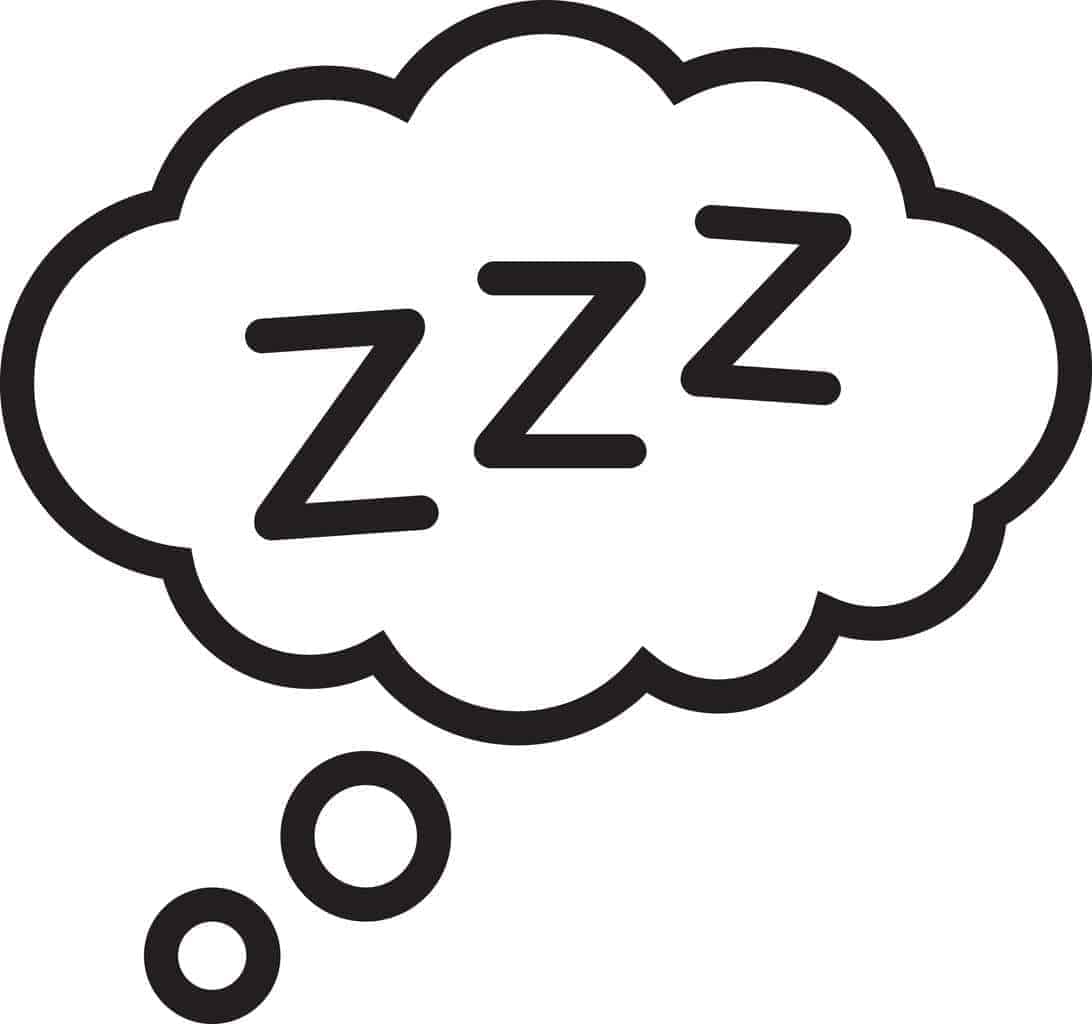The Better Sleep Council, the consumer-education arm of the International Sleep Products Association, conducted a survey this spring for its campaign “May Is Better Sleep Month” on America’s bedtime performance as it relates to sleep regimens.

Participants were asked about their bedtime habits and received a ranking based on best practices when it comes to sleep behaviors. On average, Americans earned a grade of a C- (70%) but looking at the sexes side by side, men nudged out women with an average score of 72%.
However, when drilling down into specific habits that contribute to a good night’s sleep, men stood out in the bedroom. Results also took into consideration participants’ overall satisfaction with the quantity and quality of their sleep.
“Over the past few years, the BSC has noticed that people aren’t bragging about how little sleep they’re getting, they’re bragging about how much sleep they are getting. In fact, getting enough quality sleep is becoming a status symbol among Americans,” said Mary Helen Rogers, vice president of marketing and communications for ISPA. “Through our survey, we wanted to learn for ourselves—‘How good is America in bed?’ Results from the survey found that Americans aren’t walking the talk.”
Women are deficient particularly when it comes to getting enough sleep: Despite 84% of women believing sleep is important to their overall health and wellness, their bedtime habits and lifestyles have created barriers to getting the desired amount of rest. The survey revealed that 34 million women experience trouble sleeping and/or staying asleep almost all the time (21%), and nearly 20 million hit the snooze button numerous times every day (12%).
Loved ones also kept women up at night. Survey results showed that more than 24 million women were likely to let kids and pets in the bed (15%), compared with 4 million men (3%).
According to the study, men were more likely to engage in positive sleep habits: 55 million men reported sleeping alone (35%), 22 million follow a strict bedtime—even on the weekends (14%), 35 million do not drink caffeinated beverages past noon (22%), and more than 55 million keep their stress level to a minimum (35%).
Additional key sleep performance takeaways from the survey include:
- Seventy-seven million Americans (24%) claim they have no electronics in their bedroom, not even a television. How this impacts sleep: The blue light emitted by the screens on cellphones, computers, tablets and televisions restrains the production of melatonin, keeping you from getting the quality sleep you need.
- One hundred seventy-four million Americans (54%) rarely/never drink alcohol before bed.
How this impacts sleep: For the 46% of Americans who reported drinking alcohol, it’s best to drink it in the early evening. Generally, it takes one hour to metabolize one ounce of alcohol, which can wreak havoc on sleep quality. - One hundred ninety-three million Americans (60%) have a mattress that’s less than 7 years old.
How this impacts sleep: Experts advise you to evaluate your mattress after seven years for wear and tear. An older mattress may no longer provide the comfort and support that is key for quality sleep.




